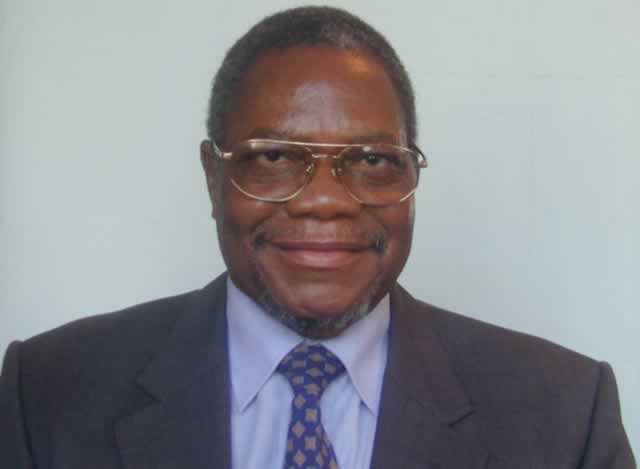Remembering the spirit of Maurice Nyagumbo
Lovemore Ranga Mataire The Reader
DESPITE the unfortunate nature of his death, Maurice Tapfumaneyi Nyagumbo was endowed with an undying spirit that spurred him on even in the face of adversity until his beloved country attained majority rule.
Unlike most of his colleagues, Nyagumbo to his credit, managed to document his life into a highly illuminating autobiography aptly titled “With the People: An Autobiography from the Zimbabweans Struggle” and in the process contributing to a critical historical record of the country’s struggle for nationhood.
Although an autobiography by its nature is highly subjective and self-serving, its inclusion of actual dates, places and actual names of individual characters makes it an authentic and genuine reference point for understanding how one’s individual life reflects broadly on the wider struggles of his countrymen.
In the eyes of his contemporaries and in the broader Zimbabwe political realm, Nyagumbo is an enigma and some kind of a legend. Nyagumbo spent more than 20 years in prison as a result of his political activities. He was only released in 1979 and immediately flew to London for the signing of the Lancaster House settlement.
After the historic signing of the Lancaster House Agreement, Nyagumbo returned to Zimbabwe where he campaigned for Zanu-PF and its leader Robert Mugabe.
He was elected into the first Parliament of Zimbabwe and became the first Minister of Mines in the first Zimbabwe Cabinet. Vivid and evocative, the autobiography is an account of the politicisation of an ordinary man who earlier appears to be an easy-going individual despite his tough experience as a schoolboy and migrant worker.
The migrant worker and ordinary man eventually becomes a politically aware adult who decides to commit himself in the nationalist movement and emerges uncompromisingly dedicated to his fellow Zimbabweans’ liberation.
Weaving through his narrative, one is clearly confronted with the image of a man who never sought for himself a position of leadership and thus his name remained unfamiliar outside southern Africa. But his role was undeniably critical. It was Nyagumbo’s perspective that the battle ground was inside his own country through mobilising, organising and working underground as demanded by the situation.
He, however, paid a high price in the loss of freedom when he was arrested in November 1976 and sentenced to 15 years’ imprisonment for his part in transporting young black Zimbabweans who wished to join the liberation forces in Mozambique.
The book’s title comes from Nyagumbo’s favourite punch-line; “Some of us must remain to be with the people, even if it means to be in jail with them.” This punch-line typified who Nyagumbo was and his belief in the sanctity of the struggle for autonomous rule. But it was no easy work for Nyagumbo to script such an erudite narrative behind bars and having it published while in prison.
As recounted by John Conradie in the book’s preface, two attempts to smuggle the book out of prison failed as it was confiscated. The third attempt was successful but only managed to have the material published through the assistance of historian Terence Ranger in England in 1980.
Thus Conradie says; “Although much of this book is about prison experiences, it is not a prison book. It is also much more than an autobiography. The events of Maurice’s life as a schoolboy, as migrant worker, as prisoner, are typical, one might say archetypical not only for other leaders going back to Mzingeli in the 1930s and to Burombo in the 1940s but also for an innumerable company of nameless Zimbabweans with whom Maurice identifies himself, for whom he has sought identity.”
Although the book has its shortcomings especially when it comes to inaccuracies in certain detail as to who chaired certain meetings and apparent lack of depth in its analysis of nationalist politics, Nyagumbo can be forgiven in that the book was written under extreme conditions under the surveillance of the Ian Smith regime security apparatus. It must be noted that when he was writing the book in prison, where there were no notes to refer to and did not have access to some reading material that he would have needed to verify on some detail concerning his work in the nationalist movement.
It for this reason that Nyagumbo’s book makes no claim of being an accurate historical record but is rather one man’s account of his life and his own involvement in the events of a stormy period in his country’s history.






Comments